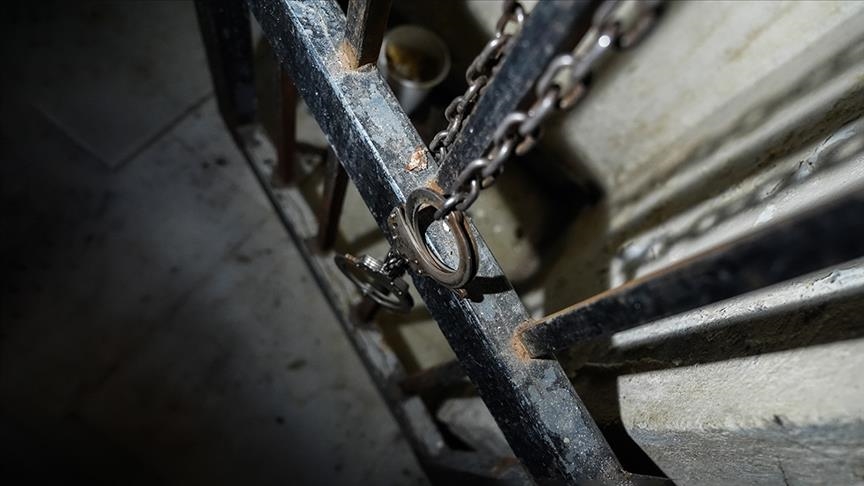

By Anadolu Agency
GENEVA
A new possibility to access evidence of human rights violations in Syria has brought accountability “closer than ever” since the fall of the Assad regime, but preserving evidence remains critical, a top UN investigator said on Tuesday.
Robert Petit, head of the International, Impartial, and Independent Mechanism (IIIM) investigating serious crimes in Syria, told reporters in Geneva that the current situation provides “new opportunities” because an “interlocking series of crime scenes” across the country are now accessible.
“There is now the possibility of accessing evidence of the highest level of regime and allied crimes responsibility,” Petit said. “There’s also now, as we’ve seen, the very poignant image, the possibility to finally establish the fate of tens of thousands of Syrians who were illegally arrested and detained and suffered for some of them, years of violence inside the prison system, which we have documented.”
Established in 2016 by the UN General Assembly, the IIIM is tasked with collecting, preserving, and analyzing evidence to assist jurisdictions investigating war crimes, crimes against humanity, and genocide committed in Syria since March 2011.
Over the years, the head of IIIM said, the mechanism has gathered extensive documentation, accumulating 283 terabytes of data and responding to over 400 requests for assistance from 16 jurisdictions.
Petit stressed that the former Syrian government never recognized the mechanism’s legitimacy and refused to engage, but with the shift in the political landscape, access to previously unreachable evidence has created a new opportunity for justice.
“We’ve been in contact with representations of the (transitional) Syrian government,” Petit revealed. “We’ve also made contact formally and informally, rather with local contacts, including obviously UN contacts, to try and establish channels of communication, which we’re hopeful will eventually lead to, among other things, agreement for us to deploy.”
Preserving evidence in a fluid situation
Despite this progress, Petit expressed concern over the destruction of vital evidence amid the chaotic developments on the ground.
“We’ve had reports, and we’ve seen as well papers strewn all over the floor, people leaving with computers, hard drives burned and smashed,” he said.
While recognizing that the chaos was understandable given the fast-changing situation, he stressed the importance of a coordinated effort to preserve evidence.
“We have reiterated through communications to the Syrian missions in Geneva and New York our willingness to engage and deploy to Syria to fulfill our mandate,” he said, adding that the IIIM will deploy “as soon as” it receives the green light.
The UN investigator expressed cautious optimism, citing efforts by transitional authorities and Syrian civil society actors to prioritize evidence preservation.
“When you’re talking about a government, a state apparatus, who for 14 years used every aspect of that apparatus to commit crimes, you will have a massive amount of documentation left behind,” he said.
While the developments offer hope for accountability, Petit warned that the situation remains fragile, with parts of Syria still embroiled in armed conflict.
“It’s a very delicate and fluid situation” that varies from governorate to governorate, he said.
Bashar al-Assad, Syria’s leader for nearly 25 years, fled to Russia after anti-regime groups took control of Damascus on Dec. 8, ending the Baath Party regime, which had been in power in Syria since 1963.
We use cookies on our website to give you a better experience, improve performance, and for analytics. For more information, please see our Cookie Policy By clicking “Accept” you agree to our use of cookies.
Read More